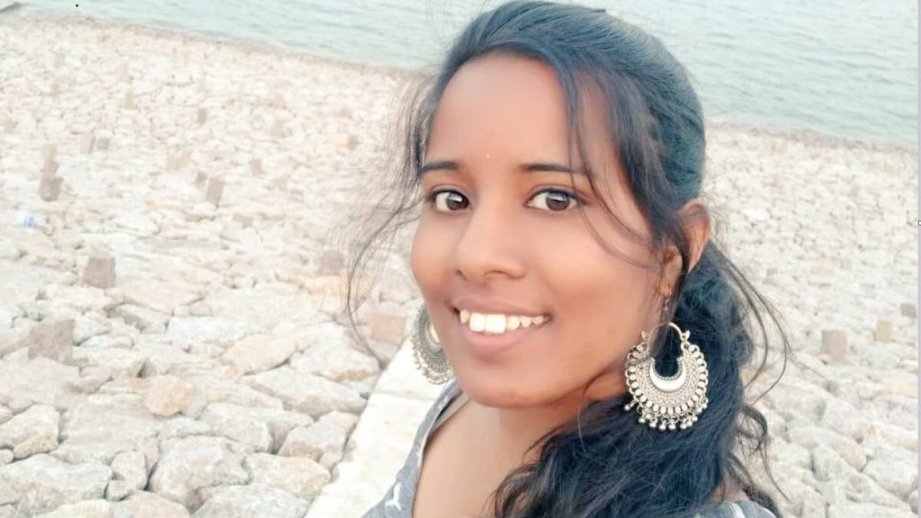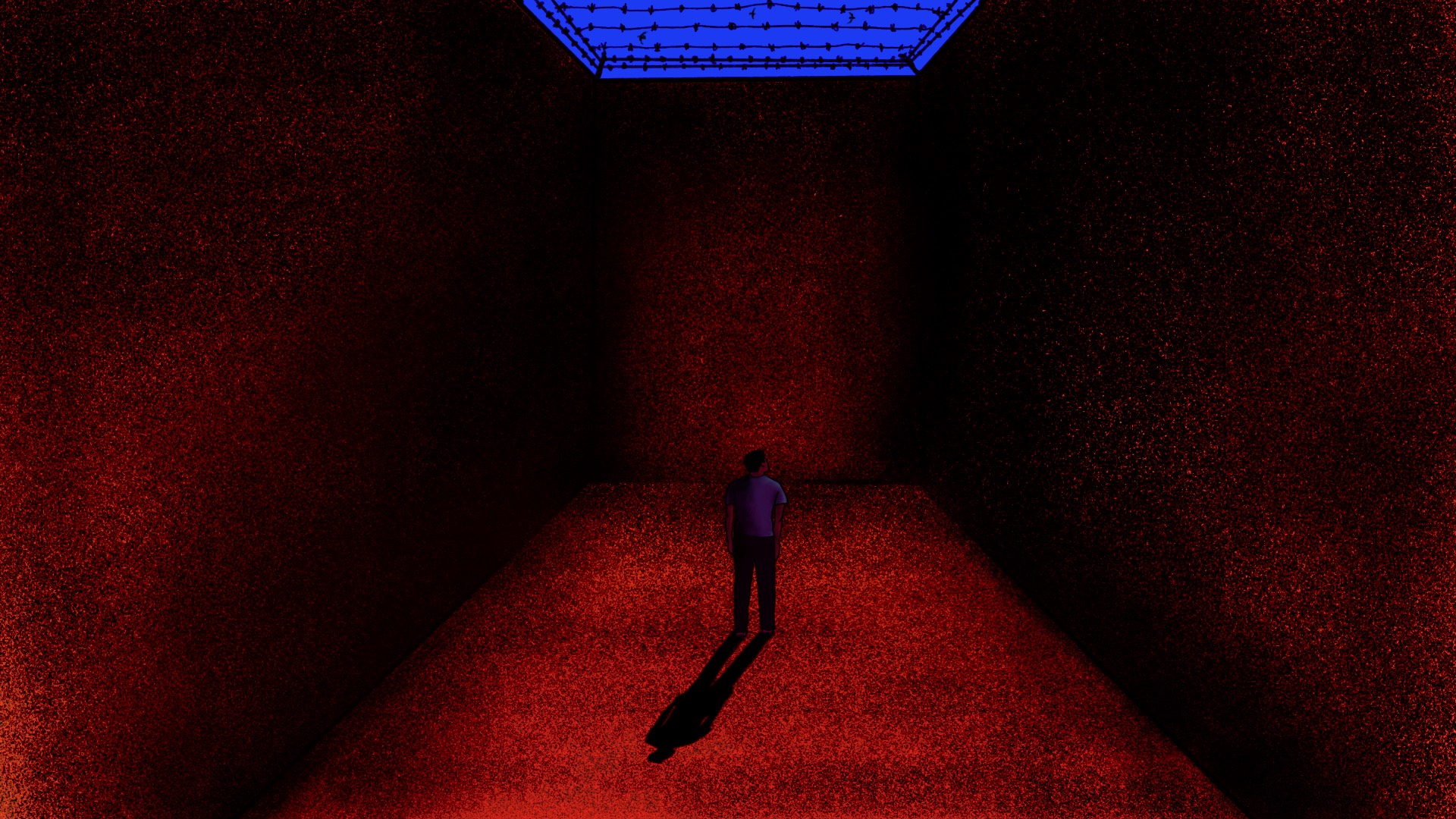This year was hard for everyone.
But it was particularly hard for college and university students as campuses remained shut and classrooms were shifted online, forcing students to spend extra and buy devices and internet connections – which some could afford, but many couldn’t. The latter section had to either rely on sluggish internet connections or entirely give up on attending classes – especially in Kashmir where 4G services are available in only two districts, and other rural parts of the country.
Then, there was a constant demand for fees (mostly for unused resources) from colleges, intermittent college notices asking students to vacate their hostel rooms, delays in the release of scholarship money – all of which added to the already crumbling mental health of students. Such pressure pushed some beyond the brink – after being unable to access scholarship funds, 19-year-old Lady Shri Ram student Aishwarya Reddy died by suicide.
In all the above incidents, and the case mentioned above, there was always an administrative body either not responding on time or skillfully skirting the issue to maintain their reputation or to keep filling their pockets (as was evident in the fee demand and the simultaneous laying off of college staff in some instances). Students kept writing emails and making phone calls, requesting some sort of relaxation. But those in power did not flinch, forcing students (who have access to the internet) to voice their concerns using other mediums and others to put up with never-ending anxiety.

Aishwarya Reddy, 19, LSR.
Online Open Book Exams (OBE)
Student protests dotted the year. The biggest example of one such series of protests was the month-long Twitter campaign against the online open book examination (OBE). Early this year, Delhi University (DU) had made online OBE mandatory for final-year students – a decision that students had opposed citing non-availability of digital resources. After demanding the cancellation of the exam, a few students took the matter to the Delhi high court, arguing that the university could issue the final results based on students’ cumulative scores of the previous semesters.
Although the court gave its final judgement in favour of the university, students continued talking about the matter – especially after the university declared the final results of the online OBE. Last month, some DU students spoke about being either marked zero or absent in their papers despite submitting their answer scripts on time.
The administration’s response, even then, was not supportive, with some students receiving no satisfactory response from their nodal officer, a college-appointed staff responsible for addressing students’ grievances on examinations matters.
‘Where do we go?’
Another significant incident was colleges forcing students out of their hostel rooms, especially during the initial phase of the nationwide lockdown. In March, hostel residents at Ramjas College were asked to vacate their rooms as early as possible and go home. With no response from the authorities, a bunch of residents who didn’t want to put their health at risk by travelling long distances filmed a video talking about their problems. After a prolonged protest offline as well as online, authorities finally agreed to let the hostel residents stay while travel restrictions were in place. Subsequently, students headed home as per their individual convenience.
A few months later, some students from Kashmir, who were stuck in their college hostel in Gujarat, complained about not receiving any help from their state officials, who were supposed to send them home. Although the students were evacuated eventually, the whole process was not without glitches as students had to make several phone calls and write thousands of emails to hear back from the person in-charge of the evacuation plan.
A similar situation occurred at South Asian University (SAU) in Delhi, where the college had asked its final-year students to head home or pay rent. While there were travel restrictions across the country at that time, international students at the college were particularly concerned due to restricted movement when it came to crossing international borders. When the college didn’t let students stay, a lot of them attempted getting back home, some even by road. One student from Bangladesh found herself stranded on the road in the middle of the night when she couldn’t find a bus to go back home.
The college administration, at that time, had responded by saying that they wouldn’t be able to keep the students in the hostel forever because there was no certainty over when the pandemic would end. A month later, students complained about the issue yet again but the administration refused to budge.
Teacher’s mental health
Just like students, teachers and professors too faced a lot of difficulties not just in terms of handling technology, but also in terms of online harassment. In April, a lot of DU professors complained about receiving abusive comments from individuals (outside the university) who were misusing the online medium to harass the professors.
Similarly, a student in a Lucknow school passed lewd comments at his teacher during the online class. In a private school in Haryana, an unknown user shared a pornographic video during an online and threatened to rape the teacher if she didn’t end the class.
Apart from these abuses, some teachers also complained about being overworked while being terribly underpaid by the school administration, further adding to their mental stress.

Delay in scholarships
One of the many reasons why Reddy, recipient of government of India’s INSPIRE scholarship, died was allegedly due to the non-disbursal of her scholarship money on time. If there had been no delay, she could have afforded internet services and attended her classes.
A month after the incident, beneficiaries of the Jammu and Kashmir Prime Minister Scholarship Scheme also spoke out about not receiving the amount on time (within 40 working days). Although the ministry of education assured that the money would be released soon, students still found themselves hanging by a thread because of the remaining uncertainties in terms of the time, mode of payment and the amount that would be released. LiveWire wasn’t able to independently check the current status of the scholarship disbursement.
Early this year, PhD scholars at Allahabad University, too, were knocking on the door of their college authorities, demanding the timely disbursement of their fellowship money to be able to sustain themselves in the pandemic and support their families. The scholars questioned the university for donating to the PM-CARES fund while claiming a shortage of money at the time of the release of fellowship amount.
Constant fee demand
While on one hand, colleges were withholding scholarships and fellowships, on the other hand, they were demanding full fees from students – even for unused college resources.
LiveWire reported that more than 90 colleges in India forced students to pay extra fees during the pandemic, even for facilities such as the library, laboratory etc that students were not even using. Moreover, some colleges like Amity University and a few other private colleges hiked their fee and even threatened their students with admission cancellation if they didn’t submit their fee on time.
The issue of fee hike, though, has been something which has regularly come up, especially over the last two years. In 2019, many colleges and universities, including the Jawaharlal Nehru University, hiked their fee, resulting in a massive protest at the campus. The pandemic, however, made it even worse because, as students say, the colleges know that students now have limited avenues to register their protest, even as their families’ earning capacities have taken a hit in the face of rising unemployment.
Student suicides
While the problems mentioned above can be fixed, a life once lost is a life lost. During the pandemic, a few students died by suicide for not being able to attend online classes from home. LSR’s Reddy, for instance, died by suicide for all the reasons mentioned above: an inability to attend online classes, non-disbursal of scholarship money and constant calls from her college to evacuate her hostel room. But the college authorities, like in most cases, didn’t pay heed to her concerns, her fellow hostel residents have said.
And after her death, the college indirectly shifted the blame to Reddy for not reaching out to them. Refuting the principal’s claims, the hostel residents put out a release which detailed the many times they had reached out to the college authorities for aid, but to no avail.
In similar circumstances, 14-year-old girl Devika Balakrishnan died by suicide for not having enough resources to attend online classes. Some support from her school perhaps could have prevented her death.
The quote of the year – ‘you are on mute’ – therefore, rightfully applies mostly to the administration, who stayed silent at a time when their aid and understanding was needed the most. Regardless, many students, who had the privilege of access, kept voicing their grievances through online platforms and will continue to do so – even to the mute spectators.
Featured image credit: Pariplab Chakraborty

